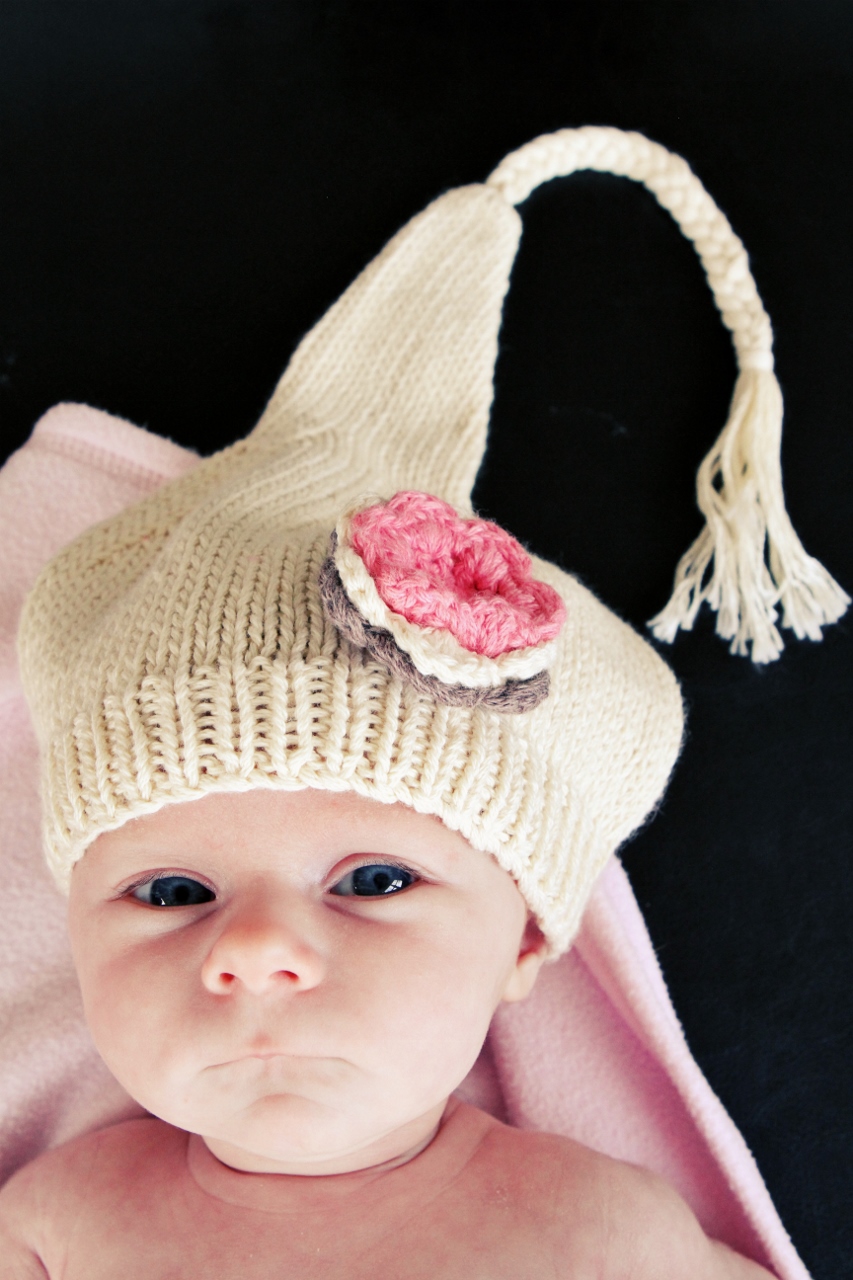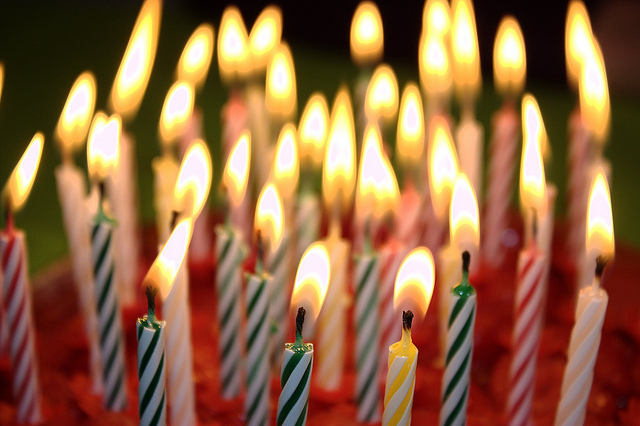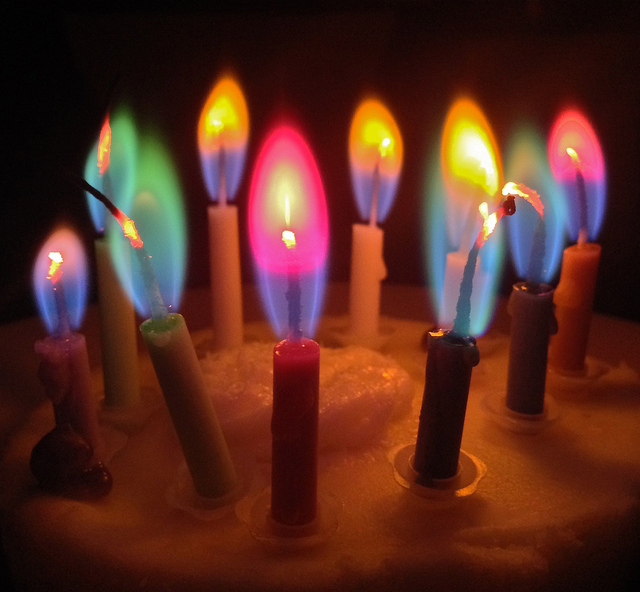
By Elizabeth H. Boquet
“I’m fifty,” I imagine saying to my mom. “Can you believe it?”
“No,” she would say back to me. “No, I cannot.”
I used to call her every year on my birthday. It became a funny thing, me thanking her for having me. I would have already gotten her card—she always mailed it early—and sometimes a little gift, though not every time. I know if I had waited long enough, she would have called me, but I was an hour ahead of her and up early to go to work. She was retired and a night owl. I would call her first thing, and she would still be in bed. I would remind her what she doing however many years ago on that day and she would always say she didn’t remember much, mercifully. Because that is how they did it in those days. My friends and I were some of the first babies born in the hospital in our town. Our mothers went in pregnant and came out not. What happened in between was for someone else to say.
She remembered enough to tell me she thought the hospital sent her home with someone else’s child; I know that. And for a long time I wondered whether she believed it. I had been big—almost ten pounds. Enough to warrant forceps, one tong clamped to the right side of my forehead, which left me with what she used to call a horn. “What do you mean a horn?” I would ask.
“A horn,” she would say, as if it were self-evident.
When I pressed for more details, she would never describe it exactly, would just say it was so big my christening cap didn’t fit and so unsightly that she heard my grandfather, leaning over my crib, say to one of his brothers, “Look at that, Camille. What the hell you think about that.” A lament. I was lamentable.
“When they brought you to me,” she would say, “you were so ugly. I was just sure you were the wrong baby. And I told them that, too. I said, that’s the wrong baby. But they kept insisting you were mine so what was I gonna do. I took you home.”
Those were also the days when babies spent most of their time in the nursery, bottle-fed, so the new moms could get some rest. “Well, my room was right down the hall,” she would say, “and there was one baby in there that cried all night long. I mean, all night long. I remember feeling so sorry for the poor momma that was gonna take that one home. Little did I know, that one was you! And that poor momma was me!”
The stories would spill out from there of her new-mother all-nighters, of the local TV stations going off at midnight and of her having to rock and sing or bounce and hum to me into the wee hours. Of me sleeping all day, through every visitor who came by wanting to meet me and my horn. “We would wipe your face with an ice cold washrag to try to wake you up,” she would say. “Even that didn’t work. You were out. But come ten o’clock—poomp!—your little eyes would pop open and you would be ready to play. All night. I would just get you to sleep, and then it would be time to get your brother up for school. I’m telling you, I thought I was gonna die.”
My mom loved babies, the littler the better, but she was not sentimental about them. She could sit content with a newborn in her arms all afternoon and talk about how hard they were, every once in a while catching the baby’s eyes with a coo and a smile and a high-pitched “Isn’t that right? Yes, it is. Yes it is,” until she got a rolling giggle in response.
It never occurred to me to wonder whether she wanted me. If pressed, I would have said I assumed she did. By the time I came along, my brother was eight. My mom and dad had been married eleven years, and she had had at least two “misses,” as she used to call them. Maybe more. “In those days, we didn’t count.” My mom would have said she was not of a generation that thought about kids as something you wanted or didn’t, or of a generation of kids who thought about whether they were wanted.
She loved the story of the time she told her nephew, my cousin Todd, that he was an accident. “He was so upset,” she used to say. “Now, why would you be upset by that?” she wondered. “I mean, I was an accident too. You think I care? By the time you’re number three or four or five, I hate to tell you: You’re an accident.”
When my husband asked what I wanted to do for my fiftieth birthday, I told him I wanted to talk to my mom. He knows I only ever most want what is impossible and that, if he waits a beat or two, I will get to something that is more possible, which I did. So I told him I wanted to spend it with my brother—my first best friend—and his family. I told him he was in charge of arrangements. All I wanted to have to do was pack.
I threw my clothes in a bag the night before—it’s my brother, it’s Florida, there’s not much that needs to happen. But the jewelry required some thought. I have pieces I love, pieces I travel with and pieces I don’t. Like most things in my life, my jewelry is poorly organized. The necklaces are tangled and often need polishing, the earrings are separated, left from right, backless, and sometimes bent. As I dug, I unearthed a cardboard box with a peacock on it. I was looking for one pair of earrings in particular, brushed metal with tiny blown-glass cornflowers on them. They’re more delicate than most of the others and I halfway expected to find them broken beneath a large pewter lily seedpod pin that only comes out during the winter. I unfolded the lid on the box and discovered a note from my dad atop the mess of chains and buttons and assorted cleaning cloths. “Nothing is lost as long as someone remembers,” he wrote.
I remember. I remember this is the note that accompanied the last birthday present from my parents, the last birthday for which my mom was still alive. It was not long after they moved from Louisiana to live near us in Connecticut. The note is written in my dad’s certain left-slanting print on an index-card-sized piece of plain white typing paper. The edges are frayed, so he must have folded it and torn it along the kitchen counter, as was his habit. I’m a leftie too. Scissors are no good. I turn the paper over. “Senoir citizen’s make do,” he wrote on the back side. My dad can’t spell, can’t punctuate. He knows what he does is wrong by someone else’s standards and he doesn’t care.
I remember the gift. A costume chainlink bracelet with a gold-and-silver heart. I wonder who it belonged to first, or who he bought it for and when. “Senoir citizen’s make do” means he didn’t buy it for this occasion, and there’s no way in hell it belonged to my mom. In Connecticut they have no money, no car, and he has not yet figured out the bus. No—he brought this bauble up with him from Louisiana.
“Do you like it?” my mom asked.
“Oh, I do.”
“Oh, good. When your dad showed it to me, I wasn’t sure.”
She was right not to be sure, about this and so many other things. But still, after fifty-some-odd years of marriage, in the end she trusted him. Because what else could she do? The bracelet is not the sort of thing I would ever wear. It slides around the bottom of the peacock box. I found the earring I was searching for tangled in one of its links and wrested it loose.
After my mom died, sympathy cards slipped through our mail slot for weeks. Most people wrote about how kind she was, how much they knew we would miss her, how she would always be in our hearts. But one I remember most of all, a note from Miss Lorraine, one of my mom’s oldest friends, who I hadn’t seen in years and years. I remember her especially from a vacation our families took when I was about eight to a state park in Mississippi, where we rented cabins and skied in the lake and made homemade ice cream and root beer at night. We did that only one year and never again.
I’ve wondered whether my parents couldn’t afford it—it was hard for them to leave their small business for a week at a time—but I also wonder whether all their friends knew. Knew what I knew, even then. That my dad was cheating on my mom. That everyone had to look away all the time. Had to pretend it wasn’t happening. Whether my mom’s friends would worry that their own husbands would get ideas. Whether the husbands worried that my dad, always and still a handsome man, would make a move on their wives. Infidelity is contagious in that way.
“I remember,” Miss Lorraine wrote, “going to visit your mom in the hospital when she had you. She was so happy to finally have her little girl.”
By the time I arrived, eleven years into her marriage, my mom was already protecting me, protecting herself, from the disappointments of being women who love too easily, too hard, too unselfconsciously. By eleven years into her marriage, I wonder whether she knew how many others my dad had already had, whether she hadn’t dared to believe, after so many misses, that this one was really hers. A unicorn. A fantastical creature.
Can you believe it? I’m here, Mom. I’m still here.
•••
ELIZABETH H. BOQUET is a writer and educator whose work explores themes of violence, suffering, and peace-making through writing. Originally from southwest Louisiana, she now lives and works in southwest Connecticut. Her most recent work, Nowhere Near the Line, was published in 2016 by Utah State University Press.

 Follow
Follow

